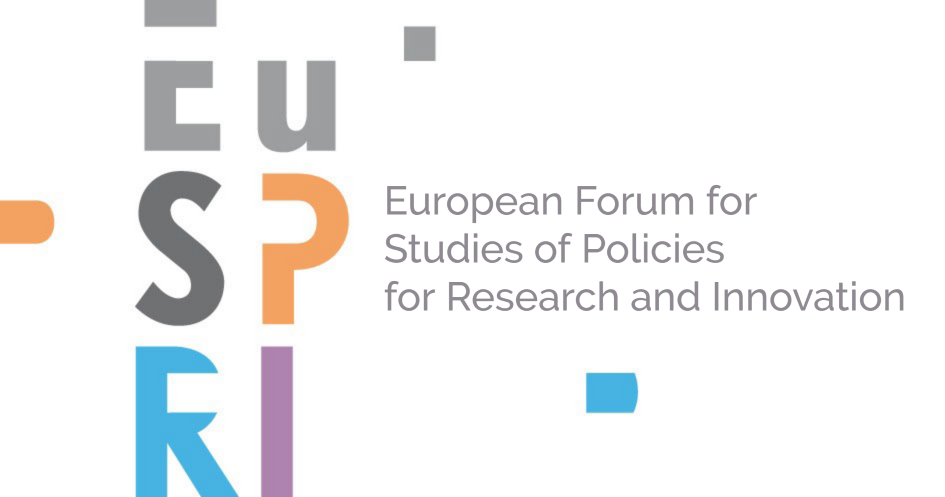Isopp, Antonio Gennaro (Dortmund (DE) TU Dortmund – Sozialforschungsstelle)
Circular Economy as a desirable Societal Future? Navigating Sustainability, Resilience, and Innovation
Authors: Antonio Gennaro Isopp, Marlon Philipp, Kay Cepera, Johannes Weyer
Keywords: Circular Economy, Impact Assessment, Polycrisis, Production and consumption practices, Social or technical innovation
Abstract
As the global community grapples with managing multiple interconnected crisis, so called polycrisis (Klein et al. 2023) such as climate change, armed conflicts and environmental degradation, the concept of a circular economy emerges as a transformative solution addressing multiple issues simultaneously. Circular Economy advocates for a systemic shift towards sustainability by closing material loops, minimizing waste, and regenerating ecosystems by reimagining how societies produce, consume, and manage resources (Kirchherr et al. 2023). As these aspirational goals represent an extensive and normative driven shift from linear to circular production and consumption practices, extensive STI policies need to be implemented to pursue such aspiration.
Even though first circular policies like the EUs’ Circular Economy Action Plan (European Commission 2024) or Germanys proposal of a national circular economy strategy (BMUV 2024) are formulated and are intended to cultivate resilience and sustainability with respect to the German economy, the concept of circularity and therefore circular STI-Policies are still in their infancy (Bocken 2024).
Therefore, research on circular STI-policies, the relevant stakeholders and their interpretation of circularity as well as prioritizations as well as possible rebound effects along the transformation process seem necessary. Prior research indicates that the concept of circular economy is predominantly perceived as a means of advancing the economic and ecological dimensions of sustainability, primarily through the exploration of novel production methods and the transformation of the value chain from a linear to a circular structure. Thus, following the EU’s notion that decoupling economic growth from resource use is feasible and would benefit society as a whole, which is concept that is frequently subjected to scientific criticism (Schmidlehner 2023).
Moreover, as the concept of circular economy proposes a systemic shift. Consequently, social innovations, such as alternative consumption patterns, the right to repair, and the impact on the social dimension of sustainability, should be investigated from a scientific perspective.
Thus, the proposed track invites contributors to engage in a nuanced and critical exploration of the envisioned societal futures of circular transformation, its underlying policy frameworks, resulting challenges and opportunities as well as possible solutions by adapting social or technical innovation.
The topics discussed in this track can include but are not limited to the following:
• The role and perspective of different societal actors on the circular economy across the globe
• The role of social sustainability in circular STI policies and the impact of circularity towards fostering social sustainability
• The manner in which stakeholder accept and adopt circular policies
• The impact of circular economy STI-policies towards achieving sustainability goals on a national and European level as well as unwanted rebound effects
• The conceptualization and impact of circular social innovations
• The comparative examination of sectoral responses (e.g., the automotive industry) to already existing and planned future circular policy
• How can the impact of circular policy measures be assessed comprehensively?
